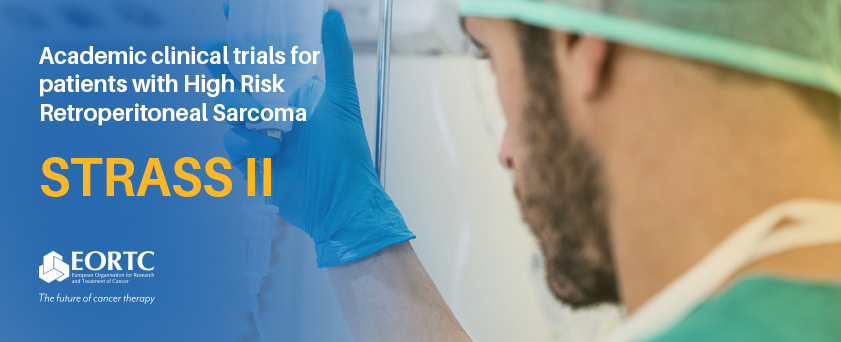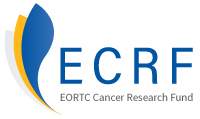Dr Winan van Houdt explains RetroPeritoneal Sarcoma & importance of the STRASS II trial for patients


What is RetroPeritoneal sarcoma (RPS)?
Retroperitoneal sarcoma are often large tumors located at the back site of the abdomen. It is rare cancer with around 7 new cases per 100.000 inhabitants per year. It occurs mostly from the age of 40 upwards until the age of 80 or higher, and around 25% of all patients pass away eventually from the disease. However, in the specific group of patients where the STRASS II trial is designed for, the mortality rate for patients is even higher at around 60%.
What makes this type of sarcoma difficult to treat?
These tumors are often very large – meaning up to 50 or 60 cm, and on average the weight is more than 3 kg – up to 15kgs or even 20 kgs. This is a challenge to operate, and especially two subtypes also metastasize quite often: Leiomyosarcoma and grade d3 Liposarcoma.
As surgeon, researcher, and Secretary of the EORTC Soft Tissue & Bone Sarcoma Group (STBSG), could you briefly explain what are the main challenges associated with clinical research in sarcomas?
Since sarcoma is a rare cancer, it is very difficult to do research and clinical trials to improve outcome. Pharma companies are often not interested, and other funding sources are very limited. For sarcomas, running trials is even more difficult since there are many sarcoma subtypes that are very different, meaning that many trials could be done to improve care and cure. Therefore, a study like this funded by private sources, is very important to give these patients a chance to live.
Why is the STRASS II trial important for patients?
In STRASS II, we aim to prove that adding chemotherapy for the high risk RPS patients will make patients live longer and stay disease free. The only way to incorporate these treatments in the standard of care, is by conducting this trial. And this trial is quite unique, as we can recruit patients from many countries around the world, making it more likely that the results will be widely implemented.
The STRASS II trial aims to recruit 200 patients in Europe (11 countries), the USA, Canada, Japan and Australia.
You can also help support EORTC’s game-changing clinical research to unleash scientific breakthrough and transform cancer patients’ lives. Learn how to GET INVOLVED, or Make a Contribution Now.







Get Social